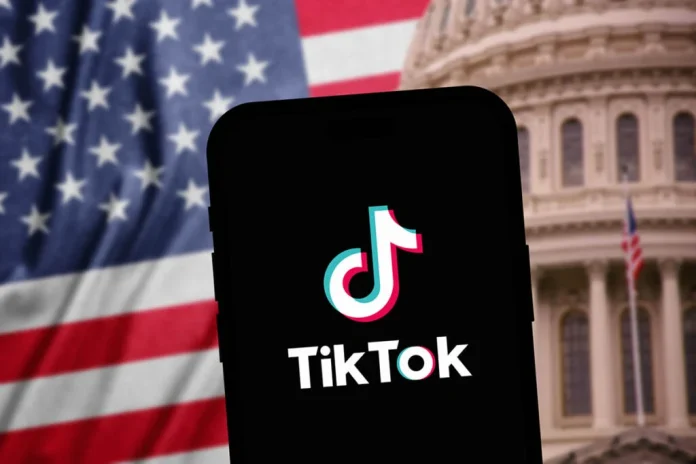TikTok has filed a lawsuit aiming to block a US law that would ban in the video app in the country unless it is sold by its Chinese parent company.
In the filing, the social media company called the act an “extraordinary intrusion on free speech rights” of the company and its 170 million American users.
It said the US had put forward only “speculative concerns” to justify the measure and asked the court to stop it.
President Joe Biden signed the bill into law last month, citing national security justifications.
It followed years of debate in Washington, which has claimed that TikTok’s Chinese ownership raises the risk that data on US users could fall into the hands of the Chinese government or be used for propaganda.
TikTok has maintained it is independent, while parent company ByteDance has said it has no plans to sell the business.
The Chinese government has criticised the law as US “bullying” of a foreign firm and signalled it would oppose a sale.
Under the US law, app stores would be barred from offering TikTok in the US starting in January 2025, unless parent company ByteDance finds a buyer. President Biden could extend that deadline by 90 days if talks are making progress.
In the filing, TikTok said that requirement was “simply not possible: not commercially, not technologically, not legally. And certainly not on the 270-day timeline required by the Act”.
TikTok had previously said it planned to contest the law in the courts.
In the filing on Tuesday it said the measure unfairly singled out TikTok, creating a “two-tiered speech regime with one set of rules for one named platform, and another set of rules for everyone else”.
It noted that similar attempted bans, including by former president Donald Trump, were blocked by US courts.
The company added that the decision by many politicians, including Mr Biden, to maintain accounts on the app undermined the claims of a security threat.
The US has in the past restricted foreign ownership of broadcast television and radio stations, which require government licences to access public airwaves.
TikTok said its business was distinct, and the government could not dictate ownership of “privately created speech forums”.
It said it had spent more than $2bn in an effort to address US concerns, creating safeguards on US data.













